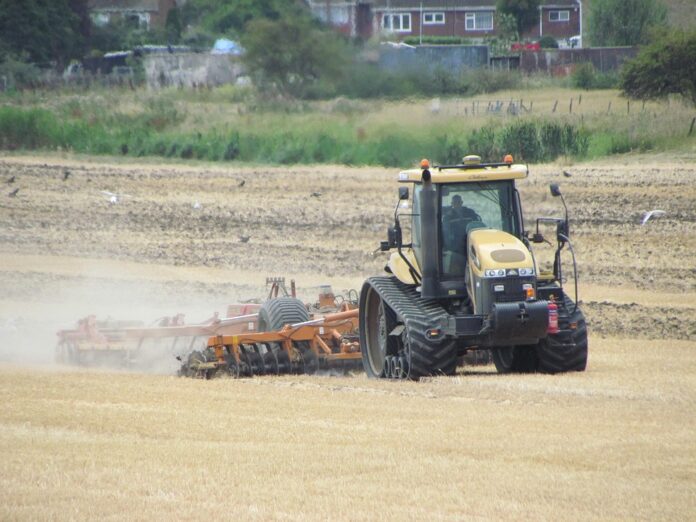Types of Rotavators and Their Specific Field Applications
Rotavators are essential agricultural equipment used for soil preparation, weed control, and seedbed preparation. There are several types of rotavators available in the market, each designed for specific field applications. In this report, we will explore the different types of rotavators and their specific uses in various agricultural settings.
Types of Rotavators
1. Standard Rotavators: Standard rotavators are the most common type of rotavators used in agriculture. They typically consist of a series of blades or tines that rotate to break up soil and create a fine seedbed. Standard rotavators are suitable for medium to large-scale farming operations and can be used for a variety of soil types.
2. Heavy-Duty Rotavators: Heavy-duty rotavators are designed for tough and compacted soils. They feature stronger gearboxes, heavier frames, and more robust blades to handle challenging soil conditions. Heavy-duty rotavators are ideal for large-scale farming operations and can effectively break up hardpan soil layers.
3. Compact Rotavators: Compact rotavators are smaller in size and designed for use in small-scale farming operations or garden plots. They are lightweight, easy to maneuver, and suitable for working in tight spaces. Compact rotavators are popular among hobby farmers, landscapers, and gardeners.
4. Vertical Rotavators: Vertical rotavators are a specialized type of rotavator that works by rotating blades in a vertical plane. They are commonly used for weed control and seedbed preparation in vineyards, orchards, and other narrow-row crops. Vertical rotavators are designed to work in tight spaces and around existing crops without causing damage.
Specific Field Applications
1. Seedbed Preparation: Rotavators are commonly used for seedbed preparation before planting crops. They help break up soil clods, improve soil aeration, and create a fine seedbed for optimal seed germination. Standard rotavators are typically used for seedbed preparation in large-scale farming operations.
2. Weed Control: Rotavators are effective tools for weed control in agricultural fields. By cultivating the soil and uprooting weeds, rotavators help reduce weed competition and promote crop growth. Heavy-duty rotavators are often used for weed control in fields with dense weed populations.
3. Soil Aeration: Rotavators play a crucial role in soil aeration by breaking up compacted soil layers and allowing better root penetration. Compact rotavators are ideal for small-scale farming operations where soil aeration is essential for crop health and productivity.
4. Residue Management: Rotavators are used for incorporating crop residues into the soil after harvest. This helps improve soil fertility, organic matter content, and overall soil health. Vertical rotavators are commonly used for residue management in vineyards and orchards.
Industry Insights
According to industry reports, the global rotavator market is projected to grow at a steady pace in the coming years. Factors driving market growth include increasing mechanization in agriculture, rising demand for food production, and technological advancements in rotavator design.
Key players in the rotavator market include companies such as Mahindra & Mahindra, Kubota Corporation, and CNH Industrial. These companies offer a wide range of rotavator models to cater to different agricultural needs and preferences.
In terms of financial data, the global rotavator market was valued at approximately $1.5 billion in 2020 and is expected to reach $2 billion by 2025, with a CAGR of around 5%. This growth can be attributed to the increasing adoption of rotavators in developing countries and the expansion of the agriculture sector.
In conclusion, rotavators are versatile agricultural equipment with various types designed for specific field applications. Whether it’s seedbed preparation, weed control, soil aeration, or residue management, rotavators play a crucial role in enhancing crop productivity and soil health. With the growing demand for efficient farming practices, the rotavator market is poised for steady growth in the coming years.




